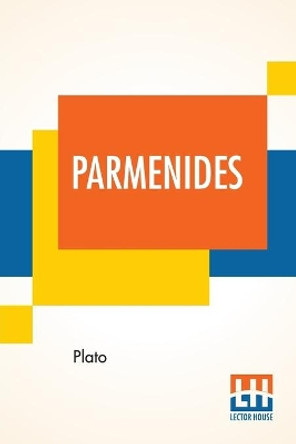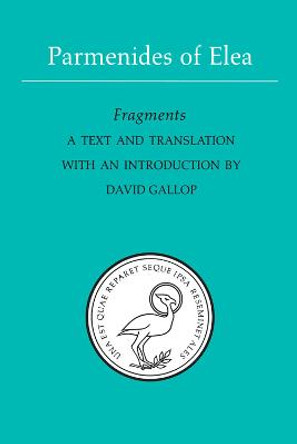Description
Hermann's Introduction, aimed at first time readers and professional interpreters alike, offers an overview of the most noted philosophical problems addressed in the dialogue, and of its historical background. In view of the fact that certain individual issues have been exhaustively explored by generations of scholars, Hermann chooses to focus also on subjects that have at times been passed over, or trivialized: the debt the dialogue may owe to the works of earlier thinkers, or whether it constitutes a response to certain critics of the Theory of Forms; as for the Theory itself, whether it is bolstered or superseded by the dialogue's conclusions, or whether there is such a thing as a "simple," unparticipated Form, and if there is, why it cannot be the subject of an account; also, the issue of the "interweaving of Forms," (the Sophist) is discussed, in light of its possible relevance to the Second Part of the Parmenides. Finally, Hermann provides an overview with a listing and summaries of the individual conclusions to each of the eight central arguments of the dialgoue's Second Part (plus Coda).
About the Author
Arnold Hermann is an independent researcher and philosopher specializing in Presocratic philosophy, Metaphysics, and methods of thinking. He is the author of To Think Like God: Pythagoras and Parmenides-The Origins of Philosophy (Parmenides Publishing, 2004 & 2005), both the illustrated as well as the fully annotated edition. He is currently working on Plato's Eleatic Project.
Reviews
In his 70-page introduction, Arnold Hermann himself is somewhat more restrained. He sees the First Part of the dialogue as targeting 'naive misreadings' (15) of the Theory of Forms, and the Second Part as 'a successful attempt to illuminate the difficulties raised by the First' (17). For instance (to take an easy example), a form is 'itself by itself', and such simplicity or straightforwardness is explored in Argument I of the Second Part. Or again, since Forms have to interweave, they can be seen as complex, such as the 'One Being' of Argument II. These are not original lines of thought, but the introduction well conveys the author's enthusiasm for a dialogue that strikes many as rather dry. Throughout, Hermann corroborates his views by drawing connections with the thought of the Parmenides and Zeno, and other Platonic passages"". - Heythrop Journal
Book Information
ISBN 9781930972209
Author Arnold Hermann
Format Paperback
Page Count 272
Imprint Parmenides Publishing
Publisher Parmenides Publishing
Weight(grams) 454g
Dimensions(mm) 24mm * 16mm * 2mm





